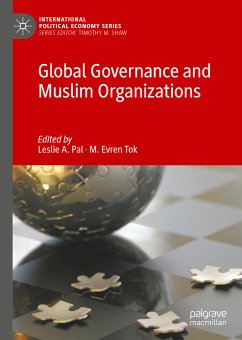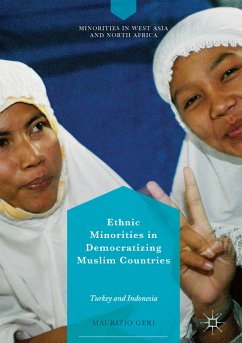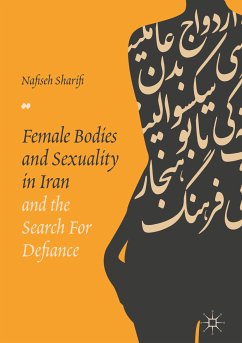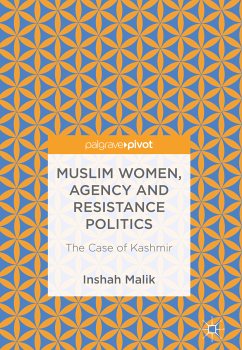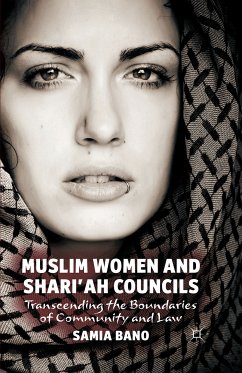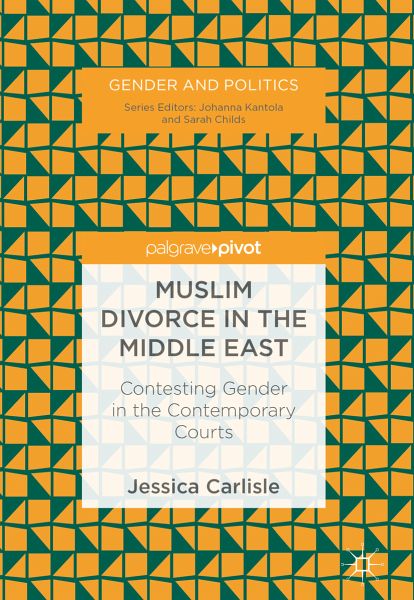
Muslim Divorce in the Middle East (eBook, PDF)
Contesting Gender in the Contemporary Courts
Versandkostenfrei!
Sofort per Download lieferbar
44,95 €
inkl. MwSt.
Weitere Ausgaben:

PAYBACK Punkte
22 °P sammeln!
How have Muslim marriages legally ended around the turn of the 21st century? Who has the power to initiate and resist shari'a derived divorce? When are husbands and wives made to bear the costs of their marital breakdown? What does divorce law indicate about the development of gender regimes in the Middle East and North Africa? This book opens with a description of the historical development of Islamic divorce in the MENA. Subsequent chapters follow a Syrian male judge, a Moroccan female legal advice worker and a Libyan female judge as they deal with divorce cases in which husbands, wives, the...
How have Muslim marriages legally ended around the turn of the 21st century? Who has the power to initiate and resist shari'a derived divorce? When are husbands and wives made to bear the costs of their marital breakdown? What does divorce law indicate about the development of gender regimes in the Middle East and North Africa? This book opens with a description of the historical development of Islamic divorce in the MENA. Subsequent chapters follow a Syrian male judge, a Moroccan female legal advice worker and a Libyan female judge as they deal with divorce cases in which husbands, wives, their relatives and lawyers debate gender roles in contemporary Muslim marriages. MENA 'state feminism' has increasingly equalized men's and women's access to divorce and encouraged discussions about how spouses should treat each other in marriage. The real life outcomes of these reforms have often been surprising. Moreover, as the last chapter explores, jihadi proto-states (such as Islamic State) have violently rejected state feminist divorce law reform. This accessible book will appeal to students, researchers and a general readership interested in Islamic law; Middle Eastern studies; gender and sexuality; and, legal and social anthropology.
Dieser Download kann aus rechtlichen Gründen nur mit Rechnungsadresse in A, B, BG, CY, CZ, D, DK, EW, E, FIN, F, GR, HR, H, IRL, I, LT, L, LR, M, NL, PL, P, R, S, SLO, SK ausgeliefert werden.




